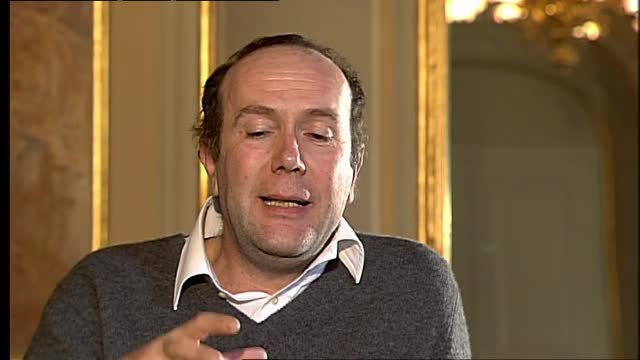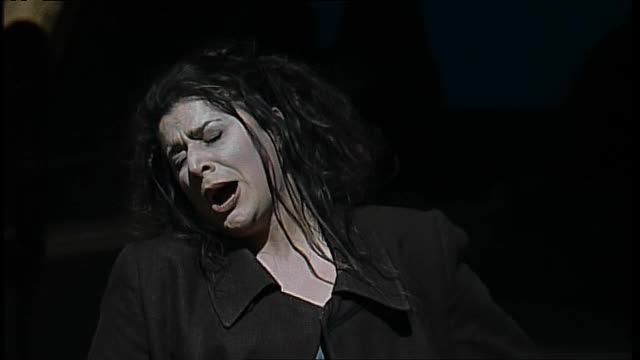
Among the most important composers of Italian opera in the later 18th century, Paisiello was trained principally in Naples, where he first established his reputation as a composer. In 1776 he was invited to move to St Petersburg, where he worked as a composer of opera and director of the court orchestra, winning the favour of the Empress Catherine II. In 1784 he was able to accept an invitation to return to Naples, where he enjoyed royal favour, only temporarily withdrawn after his acquiescence in the republican regime of 1799. He spent two years in Paris, from 1802 to 1804, as director of music for Napoleon. His employment in Naples continued under Ferdinand IV and then under the usurper Joseph Bonaparte and his successor Joachim Murat. The final defeat of Napoleon in 1815 and the return of King Ferdinand removed Paisiello from his official positions.
Operas
Paisiello’s chief fame was as a composer of operas, of which he wrote around 80. L’idolo cinese (‘The Chinese Idol’) was a favourite of Lady Hamilton, later the mistress of Nelson. His Il barbiere di Siviglia (‘The Barber of Seville’), first performed in St Petersburg in 1782, proved a dangerous rival to Rossini’s later opera on the same subject. He set a number of libretti by the Vienna court poet Metastasio and turned to Cervantes in his Don Chisciotte della Mancia (‘Don Quixote de la Mancha’). His style seems to have had some influence on Mozart, who heard his Il re Teodoro in Venezia (‘King Teodoro in Venice’) in Vienna in 1784; it is concise and melodious, with the necessary sparkle in his comedies, although his heroic and tragic operas seem sometimes to be matched with music that is too light-hearted.
Vocal and Choral Music
Paisiello composed a number of cantatas, designed for entertainment or in formal celebration of some royal occasion. Sacred works include oratorios on the subject of Susanna and of The Conception of the Virgin Mary, with a setting of Metastasio’s La passione di Gesù Cristo (‘The Passion of Jesus Christ’). He made a number of settings of the Mass, including, in 1814, a Mass for the chapel of Louis XVIII, which followed earlier Masses for Napoleon. There are other liturgical compositions, some again designed for official occasions of celebration.
Instrumental Music
Paisiello’s instrumental music includes divertimenti, keyboard concertos, string and flute quartets, and sonatas for harpsichord and violin.
| Title | |
| PAISIELLO, G.: Nina [Opera] (A Forgotten Genuis) (Classical Documentary, 2002) | |

|
PAISIELLO, G.: Nina [Opera] (A Forgotten Genuis) (Classical Documentary, 2002)
Composer:
Paisiello, Giovanni
Label/Producer: Digital Classics Distribution |
| PAISIELLO, G.: Nina [Opera] (Zurich Opera) | |

|
PAISIELLO, G.: Nina [Opera] (Zurich Opera)
Composer:
Paisiello, Giovanni
Artists:
Bartoli, Cecilia -- Bartoli, Federica -- Fischer, Adam -- Galstian, Juliette -- Kaufmann, Jonas -- Polgar, Laszlo -- Veccia, Angelo -- Zurich Opera House Chorus -- Zurich Opera House Orchestra
Label/Producer: Digital Classics Distribution |
